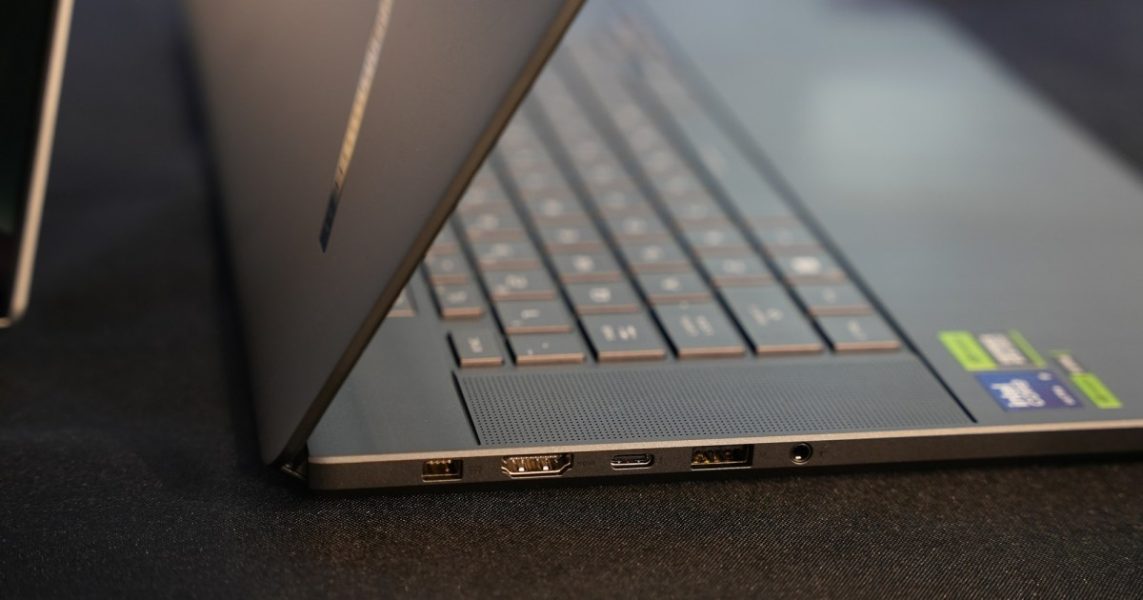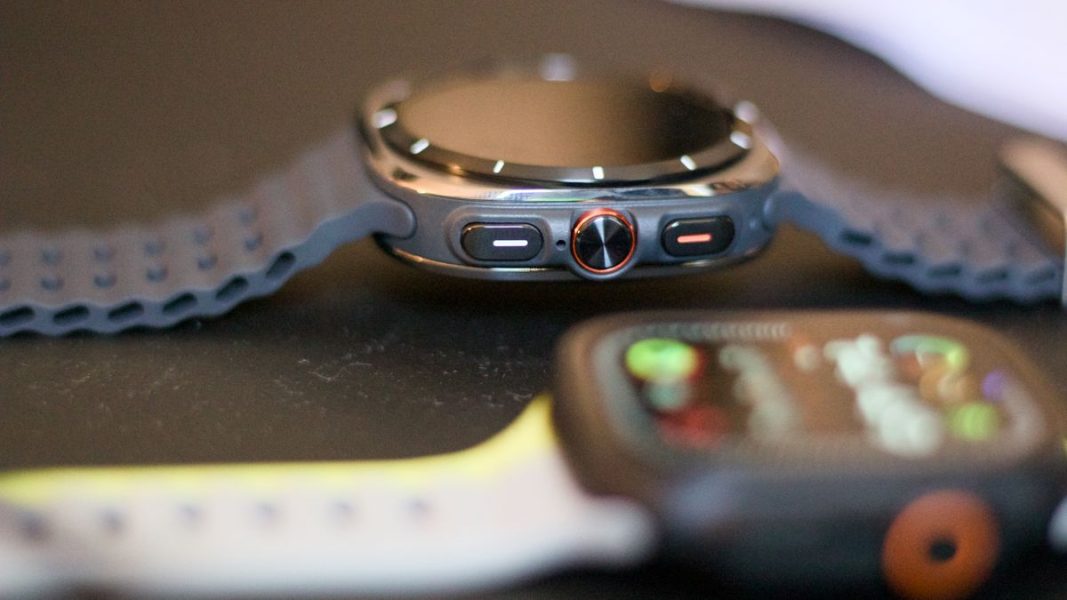Stomach bug outbreaks jumped gut-wrenching 366% in N.J. last month – NJ.com

Outbreaks the nasty and extremely contagious stomach bug that causes vomiting spiked 366% in December compared to last year.There were 70 norovirus or norovirus-like outbreaks reported to the state Department of Health in December, up from just 15 in December 2023, a spokesperson said.There were 195 outbreaks reported in all of 2024. In 2023, there were 189, the DOH said. Cases tend to peak in the winter months.Individual cases are not reportable, and many people do not receive diagnostic testing when sickened with norovirus, so it’s likely the true scope of infections is higher than outbreaks reported to the Department of Health.Wastewater data from WasteWaterScan shows a steady increase in virus load starting in November at treatment plants in Union Beach, Oakhurst, and Belmar. Sites in Newark and Bridgeton showed slower increases.Belmar, which most recently reported data on Jan. 3, is starting to show a decline in viral levels. No other site has reported data past Jan. 2.The definition of an outbreak varies slightly by facility type, a Department of Health spokesperson said. In general, any amount of sickness above typical levels is considered an outbreak. In schools, any two or more cases tied to a common exposure is considered an outbreak, the spokesperson said.It’s not just New Jersey that’s been hit with a wave of the stomach bug.Nationally, there were 91 outbreaks across the 14 states that report data to the Centers for Disease Control and Prevention (New Jersey is not one of them) for the week of Dec. 5, the most recently available data. For comparison, data from the past three years show that reports peaked at 65 outbreaks during the first week in December.Norovirus is an extremely contagious virus that is known for hitting fast and hard. Symptoms can develop within just 12 hours of exposure, and causes painful stomach cramps, vomiting and diarrhea.Contact with very small amount of the virus can cause the illness, said Dr. James Penn, a gastroenterologist at Hackensack Meridian Health’s JFK University Medical Center.“It’s typically spread through the stool, which then contacts the hand, which makes contact with the face or the mouth,” said Penn.There is no treatment for norovirus infections. Sick individuals should stay home, get plenty of rest and stay hydrated.Thorough hand washing is key to avoiding infection.“You really have to use soap and water,” said Penn. “For a lot of people, it’s so much more convenient to pump the hand sanitizer. But you really have to clean with soap and water.”Thank you for relying on us to provide the journalism you can trust. Please consider supporting NJ.com with a subscription.Katie Kausch may be reached at kkausch@njadvancemedia.com. Follow her on Twitter @KatieKausch.If you purchase a product or register for an account through a link on our site, we may receive compensation. By using this site, you consent to our User Agreement and agree that your clicks, interactions, and personal information may be collected, recorded, and/or stored by us and social media and other third-party partners in accordance with our Privacy Policy.Use of and/or registration on any portion of this site constitutes acceptance of our User Agreement, (updated 8/1/2024) and acknowledgement of our Privacy Policy, and Your Privacy Choices and Rights (updated 1/1/2025).© 2025 Advance Local Media LLC. All rights reserved (About Us). The material on this site may not be reproduced, distributed, transmitted, cached or otherwise used, except with the prior written permission of Advance Local.Community Rules apply to all content you upload or otherwise submit to this site.YouTube’s privacy policy is available here and YouTube’s terms of service is available here.Ad Choices





